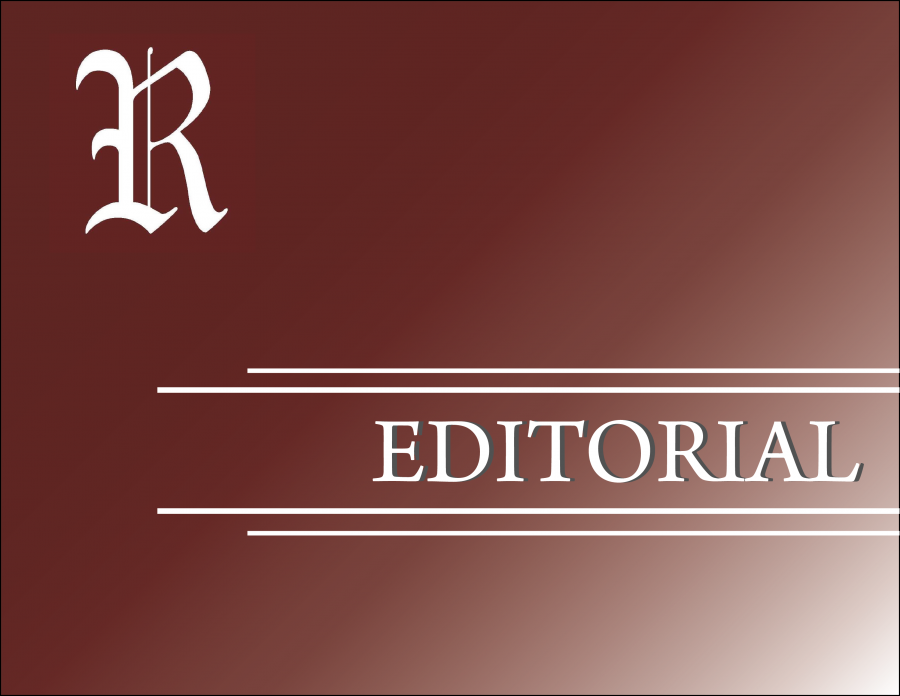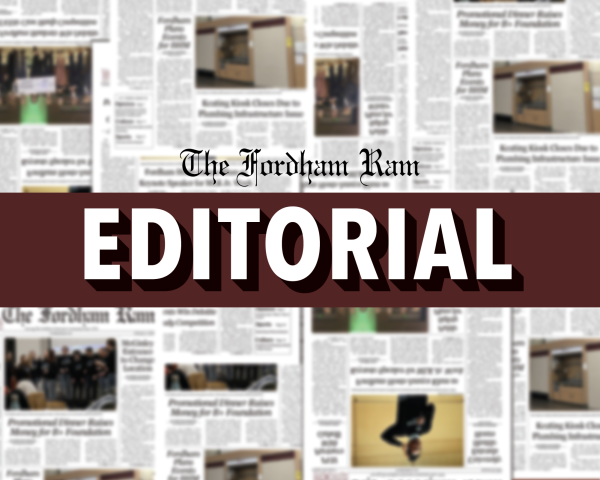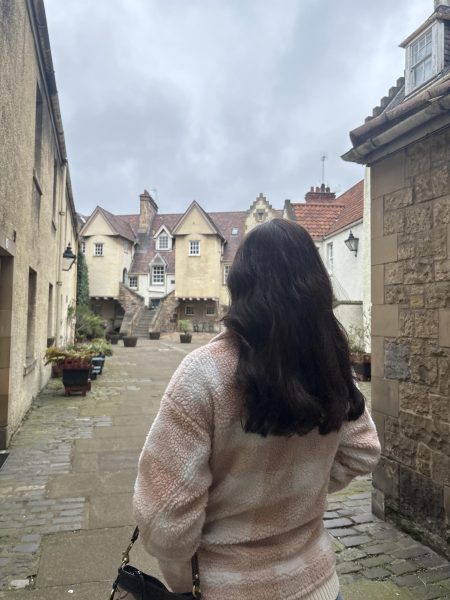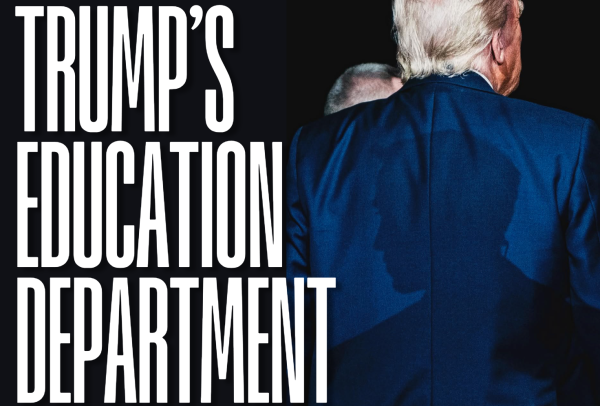Jim Dwyer’s Legacy Urges Transparency
On Oct. 8, Jim Dwyer, FCRH ’79, passed away at the age of 63. As the editor-in-chief of Volume 61 of The Fordham Ram, columnist for The New York Times, Newsday and The Daily News and a two-time Pulitzer Prize winner, Dwyer embodied the legacy of the Ram and provided an inimitable voice to the city of New York.
Dwyer brought to life stories of tragedy, hope and everything in between. He covered the trial of the Central Park Five, drawing attention to the lack of evidence in the case prior to the exoneration of the men who had been falsely convicted. Earlier this year, Dwyer covered the onset of the COVID-19 pandemic for The New York Times. He asked the tough questions, pushing for answers as to why the conditions at Elmhurst Hospital in Queens were so horrific as nearby hospitals held over 3,000 empty beds.
Above all else, he sought the truth. He exemplified what it meant to be a journalist, one with integrity and an unyielding drive to bring light to difficult issues, pushing for answers no matter what stood in his way.
Dwyer told The New York Times, “I intended to be pre-med, but The Fordham Ram got in the way of that.” His very first piece for the newspaper recalled a moment when he encountered a man having a seizure on East Fordham Road. He wrote of strangers insulting the man and “muttering disapproval.” But Dwyer decided to stay with him, learning that the man was a veteran of Vietnam and had been suffering from seizures ever since.
The compassion and empathy that Dwyer exhibited in this first story is indicative of the man he would grow to become, one who followed Fordham’s Jesuit values of respect for others and who used his immense skill as a writer to shed light on issues of injustice.
Dwyer’s life encapsulated the passion that so many of us at the Ram feel for this publication and the pursuit of truth. Many of our staff members did not envision themselves practicing journalism prior to joining the Ram, yet however it may have come to be, the experience has shaped each and every one of us.
While we may not all dream of becoming a Pulitzer Prize-winning journalist like Dwyer, we have found that spark of passion that provided a launching pad for an incredible career. As student journalists during a chaotic election year and a devastating pandemic, our work has never felt more important. We continue to ask the questions that matter, even if they go ignored or unexplained.
If Fordham wants to pay tribute to the legacy that Dwyer has left behind, it is imperative that the administration be transparent and provide information to student media such as the Ram. As the university’s journal of record, we ask the tough questions that many students do not have the ability to ask. Amid such uncertain times, it is unacceptable for the administration to avoid answering questions that relate to the health and safety of the Fordham community as a whole.
When it comes to COVID-19 testing protocols, in particular, the university has not been transparent. The administration has not answered members of the Ram who have reached out for answers. Instead, the administration has primarily announced new protocols and modifications to existing guidelines via email updates without much notice or additional explanation.
The administration has also repeatedly failed to respond to questions from the Ram regarding the demands of ASILI, the Black Student Alliance at Rose Hill, and the relationship between the university and Aramark, following a petition signed by over 1,600 students to remove the company from Fordham’s payroll.
The university continues to provide funding for publications like The Fordham Ram because it believes in the message that Dwyer lived to fruition — that student journalism is a transformational experience that can provide the foundation to long and deeply impactful careers. To allow these publications to continue to provide this foundation, Fordham must commit itself to answering the questions that student publications put forth with full transparency.
In his last column for The New York Times, Dwyer reflected on his family’s past in the 1918 flu pandemic, providing a sense of hope and comfort to a city struggling in the face of COVID-19, writing, “In times to come, when we are all gone, people not yet born will walk in the sunshine of their own days because of what women and men did at this hour to feed the sick, to heal and to comfort.”
Fordham University must take Dwyer’s words to heart and provide comfort amid uncertainty by providing clear answers to legitimate questions that are posed by student publications. With many of these unknown answers related to public health and safety, the response could not be more vital.
At The Fordham Ram, we hope to honor Dwyer’s memory with our continued dedication to the power of journalism. We want to continue his legacy in utilizing the written word as a tool to combat injustices and bring attention to crucial issues. While our Fordham community may be a small corner of the world, Dwyer proves that it can be the foundation of an incredibly impactful and meaningful life’s work.











































































































































































































